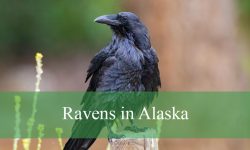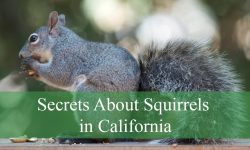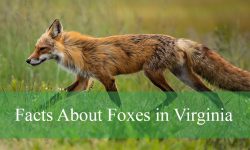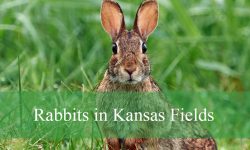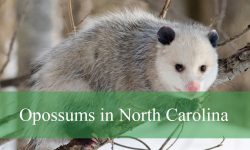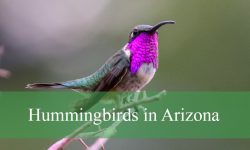Possums, also referred to as opossums in North America, are fascinating marsupials known for their incredible adaptability. These creatures thrive in various environments thanks to their flexible and wide-ranging diets. Their ability to find food in both wild and urban areas makes them one of nature’s most versatile survivors.
As nocturnal scavengers, possums are active during the night, foraging for anything edible. They help clean up organic waste, consume decaying matter, and control insect and rodent populations. This behavior makes them important contributors to ecological balance and natural sanitation.
The food choices of possums change depending on the season, habitat, and food availability. From fruits and insects to small animals and garbage scraps, their omnivorous diet allows them to adapt to changing conditions. Understanding what possums eat can offer valuable insights into their behavior and help homeowners or gardeners manage their interactions with these animals more effectively.
Understanding Possum Feeding Behavior
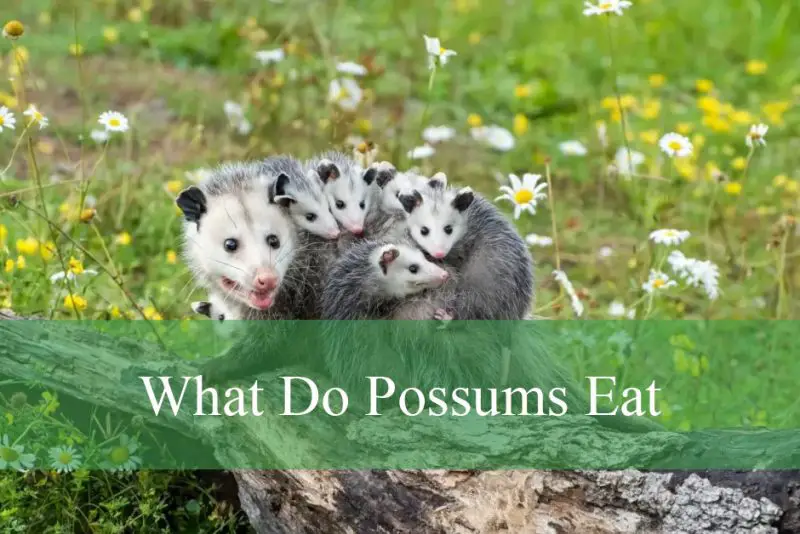
Possums are mainly active at night, which is when they go in search of food. Their strong sense of smell allows them to detect edible substances from considerable distances. Unlike animals with specific dietary needs, possums are incredibly flexible. They consume plant matter, small animals, and even waste materials. This behavior helps them survive in diverse environments, ranging from dense forests to suburban neighborhoods.
The feeding behavior of possums is also influenced by temperature and season. During colder months, they increase their food intake to build fat reserves. In spring and summer, their diet often includes more fruits, insects, and fresh vegetation. Their scavenging tendencies become especially noticeable in urban areas, where they forage through trash bins and pet food left outdoors.
The Natural Diet of Wild Possums
In their native woodland and forest habitats, possums rely on naturally available resources. Their diet typically includes insects, small rodents, birds’ eggs, and amphibians. These protein-rich sources provide them with essential nutrients for growth and energy. They also eat a wide range of fruits, nuts, seeds, and leaves, which contribute to their intake of vitamins and fiber.
Possums are known to consume carrion, which helps reduce the spread of disease by cleaning up animal remains. This scavenging behavior makes them important members of natural ecosystems. In addition to meat and plants, wild possums also enjoy fungi and certain types of bark. This diversity reflects their ability to adapt and thrive in multiple environments.
What Possums Eat in Urban and Suburban Areas
As human development expands, possums have increasingly moved into urban and suburban areas. Their diets have changed to include many man-made food sources. These may include discarded leftovers, pet food, compost, and even garden vegetables. While this adaptation helps them survive, it can create conflict with homeowners.
Possums often raid garbage cans in search of food scraps. They may also visit backyards to consume fruit fallen from trees or dig into compost piles for decomposing food. Gardeners sometimes find possums nibbling on vegetables such as tomatoes, cucumbers, and corn. Bird feeders can also attract possums, as they enjoy seeds and suet.
Possum Diets by Season
Possum diets vary significantly throughout the year depending on what is most abundant. In spring, fresh plant shoots and insects become readily available. Possums take advantage of this seasonal bounty to replenish nutrients after the winter. This is also the time when they may consume more protein-rich foods to support breeding and raising young.
During the summer months, fruits become a major part of the possum diet. Apples, berries, and peaches are commonly eaten. Insects and small vertebrates remain important, but the variety of foods increases with warmer weather. Fall brings nuts, seeds, and grains into their diet. These calorie-dense foods help possums prepare for colder temperatures.
In winter, food is scarcer. Possums rely more heavily on what they can scavenge. They may eat carrion, leftover pet food, and food waste. Their foraging range can increase during this time, leading them into more populated areas in search of sustenance. These seasonal shifts demonstrate their remarkable adaptability.
The Role of Possums in the Ecosystem
Possums are not just survivors; they play key roles in maintaining ecological balance. Their consumption of insects helps control pest populations, which is beneficial for both wild and cultivated plants. By eating carrion, possums reduce the spread of diseases that could affect other wildlife or even humans.
Fruits consumed by possums often contain seeds, which they disperse through their droppings. This seed dispersal supports plant regeneration and helps maintain forest health. In addition, their presence can deter other more destructive pests. For example, while they may dig through gardens, they are less harmful than raccoons or feral cats.
Possums are also relatively immune to snake venom and will eat venomous snakes, aiding in the natural control of reptile populations. This makes them even more valuable in regions where dangerous snakes are common. Their overall contribution to biodiversity is both direct and indirect.
Foods That Are Harmful to Possums
While possums can eat a wide range of foods, not everything is safe for them. Foods high in sugar or salt, such as candy, chips, and processed snacks, can lead to health issues. Similarly, spoiled or moldy foods can cause poisoning or digestive problems. Feeding possums human junk food may lead to dependency and disrupt their natural behaviors.
Chocolate, caffeine, and alcohol are particularly toxic to possums. These substances can cause serious neurological damage or even death. Pet foods high in additives or preservatives may not be suitable for regular consumption either. If you encounter a possum and wish to feed it, it is best to stick with natural items like fruits or cooked eggs.
Homeowners should also be cautious about leaving out food intentionally. While it may seem kind to feed a wild animal, regular feeding can make possums less wary of humans and increase the risk of road accidents, pet conflicts, or disease transmission.
Possum Feeding Habits and Human Interaction
As nocturnal creatures, possums usually feed during the night. They often have a set route and return to the same food sources if they are reliable. This predictable behavior means that unsecured garbage or pet food left outside can become regular feeding stations.
Possums are generally non-aggressive and avoid confrontation. However, if they feel threatened while feeding, they may hiss, growl, or play dead. This behavior is a defense mechanism rather than a sign of disease or aggression. Observing possums from a distance is best for both human and animal safety.
In some regions, feeding possums is illegal or discouraged due to the potential for disrupting local ecosystems. Encouraging natural foraging by securing waste and avoiding hand-feeding helps maintain a healthy balance. Providing habitat elements like native plants or hollow logs is a better alternative to artificial feeding.
Baby Possums and Their Dietary Needs
Young possums, known as joeys, stay in their mother’s pouch for the first several weeks of life. During this time, they rely entirely on milk. Once they grow larger and begin to leave the pouch, they gradually shift to solid foods. At this stage, they consume the same types of food as adult possums but in smaller quantities.
Baby possums are particularly vulnerable and require high-protein diets to support rapid growth. In rehabilitation settings, they may be fed special formulas or soft fruits and cooked meats. Wild joeys learn to forage by mimicking their mother’s behavior. Ensuring they have access to diverse and safe food sources is essential for survival.
If a baby possum is found without its mother, it should be taken to a wildlife rehabilitator. Improper feeding or diet can cause long-term health issues. Human caregivers must be aware of the specific nutritional requirements of young marsupials.
Regional Differences in Possum Diets
Different species of possums exist around the world, and their diets can vary significantly. In Australia, for instance, common brushtail possums and ringtail possums have diets that include eucalyptus leaves, flowers, and native fruits. These possums are more arboreal and feed heavily on plant material.
In contrast, the Virginia opossum found in North America is more ground-dwelling and consumes a broader mix of animal and plant foods. Their access to diverse habitats, from swamps to cities, makes them more generalized in their diet. These regional differences highlight the adaptability of the species based on local conditions.
Climate, vegetation, and human influence all play roles in shaping what possums eat in different parts of the world. Understanding these distinctions is key for conservation and cohabitation efforts. Possums adjust their behavior based on what is available, and this flexibility is one reason for their continued survival.
FAQs About What Possums Eat
Do possums eat snakes?
Yes, possums are known to eat snakes, including some venomous species, due to their partial immunity to snake venom.
Can possums eat cat or dog food?
They can eat it occasionally, but it should not be a primary food source as it may not meet their dietary needs.
Are possums dangerous when feeding?
Possums are typically non-aggressive and prefer to avoid conflict. If threatened, they may hiss or play dead.
What should I feed a possum if I find one?
If you must, offer natural foods like apples, grapes, or cooked eggs. Avoid processed or sugary foods.
Why are possums in my garbage?
They are scavengers and may be attracted to food waste. Securing garbage lids and avoiding outdoor feeding can help deter them.
Conclusion
Possums are remarkable creatures with one of the most versatile diets in the animal kingdom. From forest floors to urban backyards, they eat a wide array of foods ranging from insects and fruits to carrion and kitchen scraps. Their ability to adapt their diet based on the environment has allowed them to thrive in both wild and developed settings.
Knowing what possums eat helps people coexist with them more peacefully. By understanding their role in the ecosystem, recognizing seasonal dietary shifts, and avoiding harmful feeding practices, we can appreciate these nocturnal visitors for their ecological contributions. Whether spotted rummaging through leaves or scaling a fence at night, possums remain resilient symbols of nature’s adaptability.

